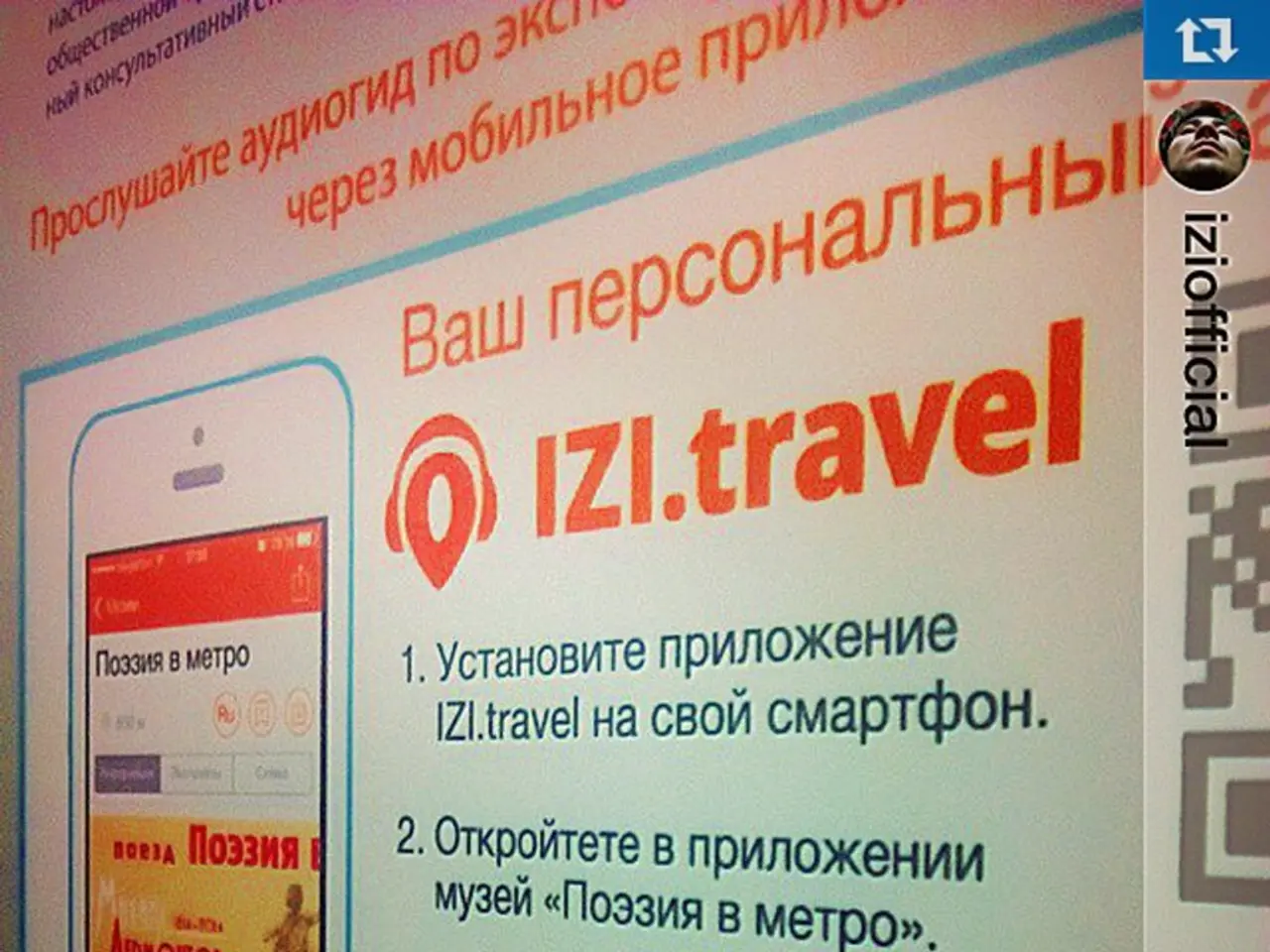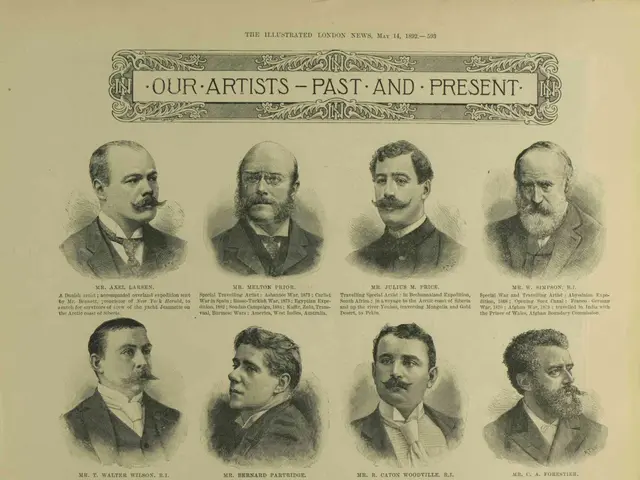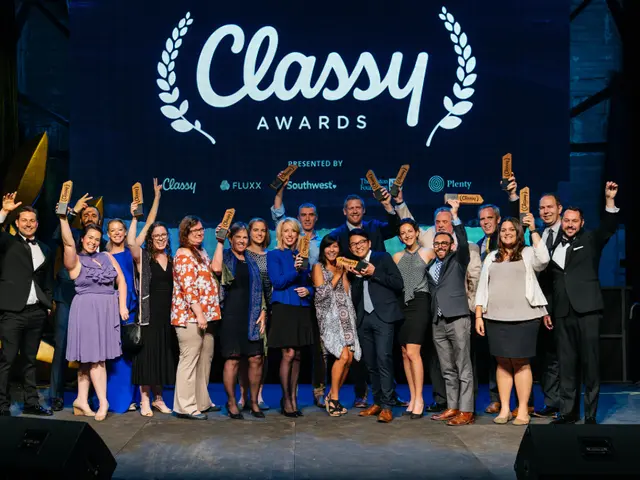Influencers potentially exposing minors to gambling advertisements alarms GambleAware
Gambling Content Exposure Among Children and Adolescents Raises Concerns
A new survey by Social Finance1 and Sherbert Research, commissioned by GambleAware, has revealed that children and adolescents aged 13-17 are exposed to gambling ads and content at an unprecedented level. The charity organisation, which provides insights into issues related to gambling, found that 87% of respondents aged 13-17 reported seeing gambling ads frequently online, often without actively seeking them out.
The main platforms found to provide gambling content to children and adolescents were Twitch, YouTube, TikTok, Instagram, and Kick. The survey also found that 14% of content creators or influencers shared tips on how to gamble, and 16% of the 13-17-year-olds reported seeing content creators directly link to gambling codes.
Zoë Osmond OBE, the CEO of GambleAware, has emphasized that current regulations need to acknowledge the fact that much of the gambling content is pushed with the help of online platforms, including influencers, celebrities, and content creators. She stated that it is unacceptable for children's environments to be flooded with age-restricted content, including gambling content.
The survey did not indicate any specific regulations that need to be acknowledged concerning the use of online platforms, influencers, celebrities, and content creators in the distribution of gambling content. However, 79% of respondents agreed that gambling content should be better regulated on social media and similar platforms.
Moreover, 78% of respondents believed that U-18s should not be exposed to gambling content at all. Zoë Osmond OBE believes that consistent exposure to influencer-driven gambling content contributes to the normalization of gambling amongst school-aged children. She stated that this early exposure to gambling ads and content can lead to an inability to control one's gambling habits and an increased likelihood of developing a gambling-related problem.
Many children and adolescents expressed dissatisfaction with the high number of gambling ads they see, stating that it was initially funny but is no longer the case. The survey did not provide information on the impact of these findings on GambleAware's wind-down plans, which are set to occur in 2026.
GambleAware is a charity that provides insights into issues related to gambling. The organization is based at the University of Bristol. The survey's findings highlight the urgent need for stricter regulations regarding the distribution of gambling content to children and adolescents, particularly through online platforms and influencers.








